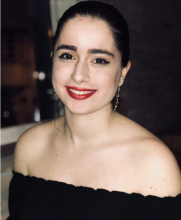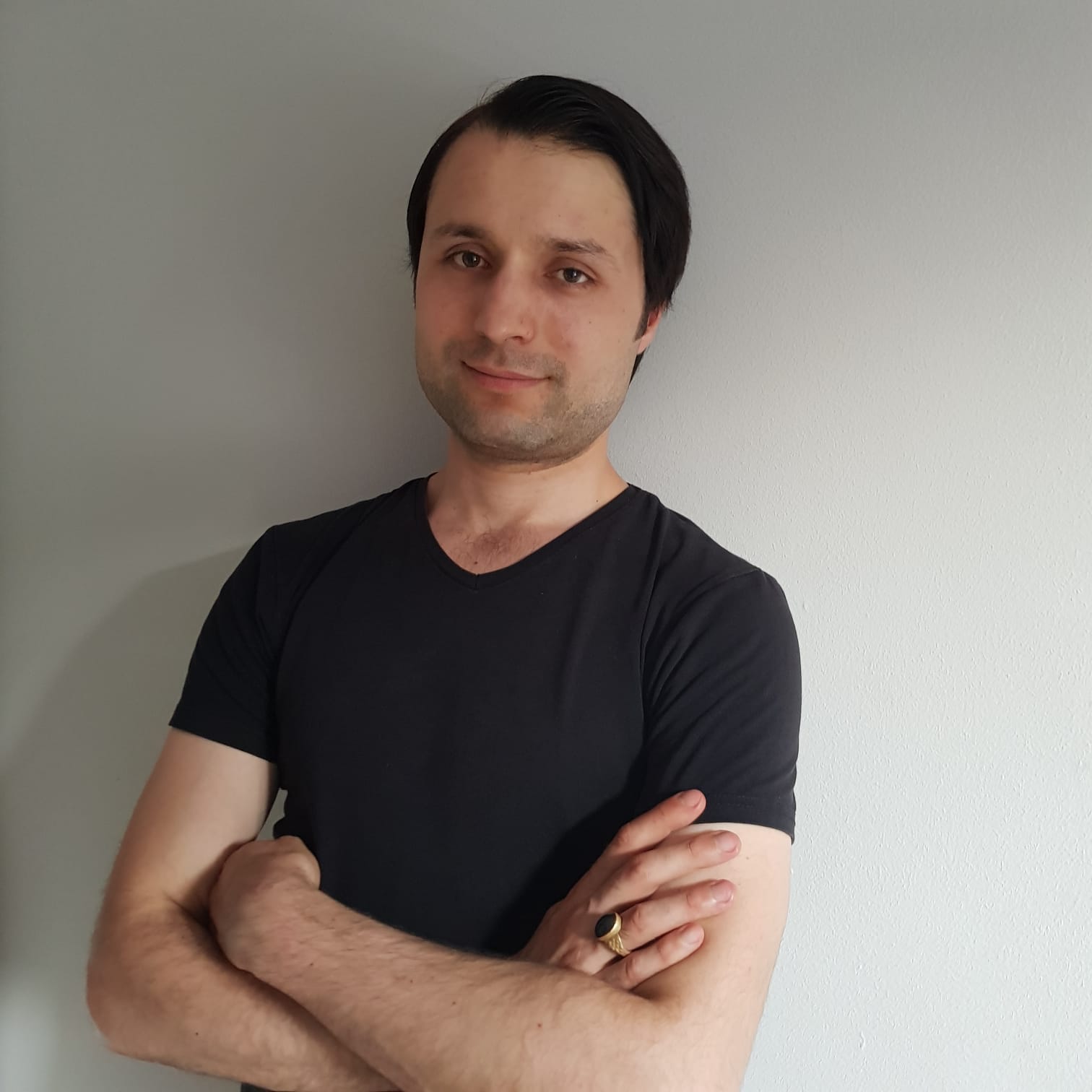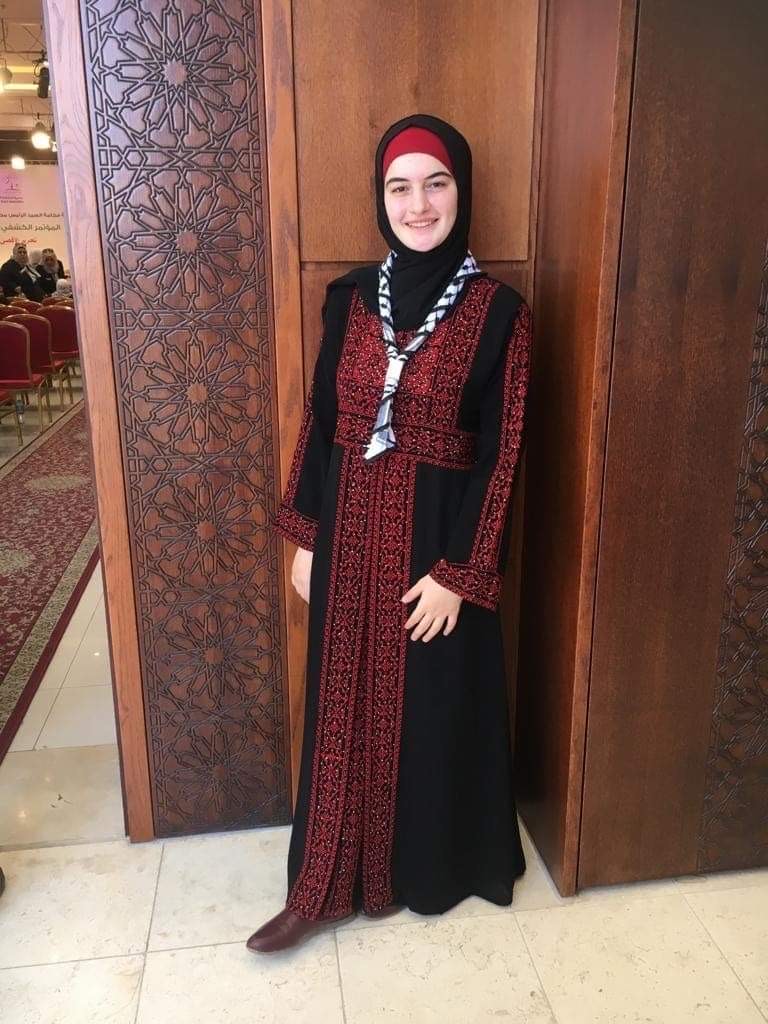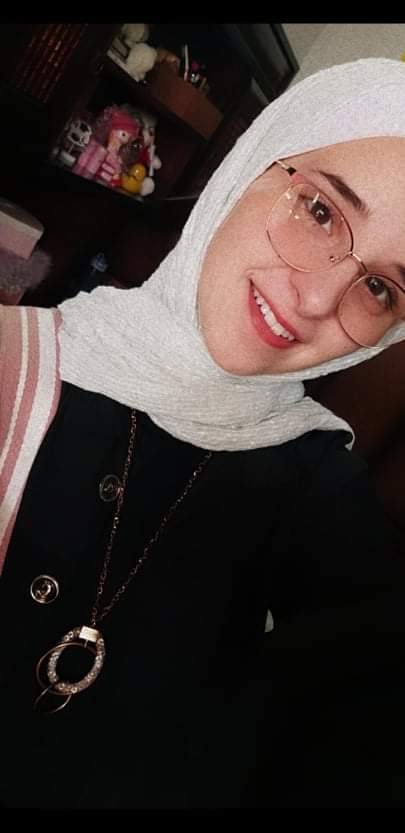Burak from Germany and Achouak from Algeria are working as team leaders for the Debate Exchange activity of the Erasmus+ Virtual Exchange project, initiating other young people in online debating. Burak is a young professional working in the field of International Affairs and Achouak is a Pharmaceutical Engineering student and English teacher.
Achouak and Burak have trained colleagues from all around the Euro-Mediterranean region to participate in online debates about the world’s most pressing issues, such as; Brexit, the role of women in religion, war and power dynamics or the benefits of monarchy and democracy. “I would divide the methodology of the Debate Exchange activity in three parts; first, the preparation offline before the debate session; second, the online preparation for the debate with your team (approximately 30 min) and third, the actual debate”, explains Burak.
“Preparation time can turn into a real cultural exchange experience. I love when teams start sharing comments about their different cultures, food and languages. I have even learned new words!”, Achouak recalls.
“Each debate is richer and unique, the exchange of ideas is maximum because the atmosphere is very friendly and tolerant, far away from competitions. My aim was not to prove others wrong but to listen and learn from each other, Achouak continues.”
Burak highlights that the best part of being a team leader was to realise how sometimes participants from the South Mediterranean challenged participants from European countries with stronger arguments: “I had a colleague from Egypt debating about the negative impact of Brexit on the UK and speaking about the European Union, that had more knowledge than his European counterparts. This was quite surprising for some of the other European colleagues”.
Both of them agree this activity helped them develop new skills, such as languages, listening and critical thinking. “The debates taught me how to rebut arguments in an elegant way, trying to challenge people’s minds,” says Burak. “I also realised problems existing in both sides of the Mediterranean could be solved with an equal horizontal dialogue from North to South and South to North. Erasmus+ Virtual Exchange is a great platform to create bridges in the Euro-Mediterranean region.”
Achouak adds: “No matter how huge the difference between South and North may seem to be, there are countless common things between us. Take Brexit as an example, when the topic came up in our debate, at first I didn’t think I could relate to it, but after I realised how much my country (Algeria) could be impacted by the consequences of Brexit”.



